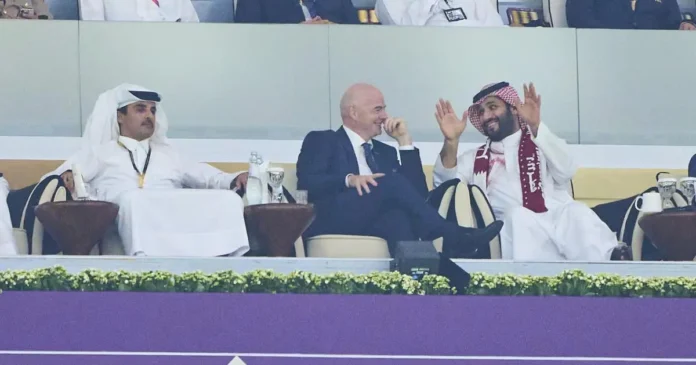Human Rights Watch (HRW) has raised serious concerns about the safety of migrant workers involved in the construction of stadiums and infrastructure for the 2034 World Cup in Saudi Arabia. In a recent report, the organization highlighted the dangerous working conditions that have led to the deaths of many workers on large construction sites in the country. HRW cited avoidable accidents, including falls, electrocution, and even decapitation, as major causes of fatalities.
The group, which examined nearly 50 death cases, accused Saudi authorities of failing to protect workers adequately, investigate workplace incidents, and provide compensation to the families of victims. HRW stressed that despite international standards, workers often do not receive proper insurance or benefits after such incidents.
With the Saudi government accelerating construction efforts for the World Cup and other large-scale projects, HRW warned that the risks to migrant workers were increasing. This warning comes after FIFA awarded Saudi Arabia the right to host the 2034 World Cup last December, despite ongoing concerns about the country’s human rights record, including the treatment of migrant laborers.
FIFA has pledged to implement a workers’ welfare system that includes mandatory standards for construction and service delivery related to the World Cup, but HRW remains skeptical. The organization criticized FIFA for not providing clear details on how it plans to prevent and address worker deaths, including the implementation of heat protection measures or providing life insurance for workers.
HRW pointed out that a significant number of migrant worker deaths in Saudi Arabia are classified as “natural causes” and are neither investigated nor compensated. For instance, 74% of the 1,420 Indian migrant workers who died in Saudi Arabia in 2023 had their deaths categorized as natural causes, with no compensation or investigation following these deaths.
In cases where work-related deaths are recognized, the compensation process is often lengthy and burdensome. HRW cited the example of one compensation case that took over a decade to resolve, leaving families in financial and emotional distress. One grieving wife, who lost her husband years ago, expressed that timely compensation could have alleviated her struggles during those difficult years.
HRW has called on FIFA to ensure proper investigations into all worker deaths and for affected families to receive the compensation they are owed.

